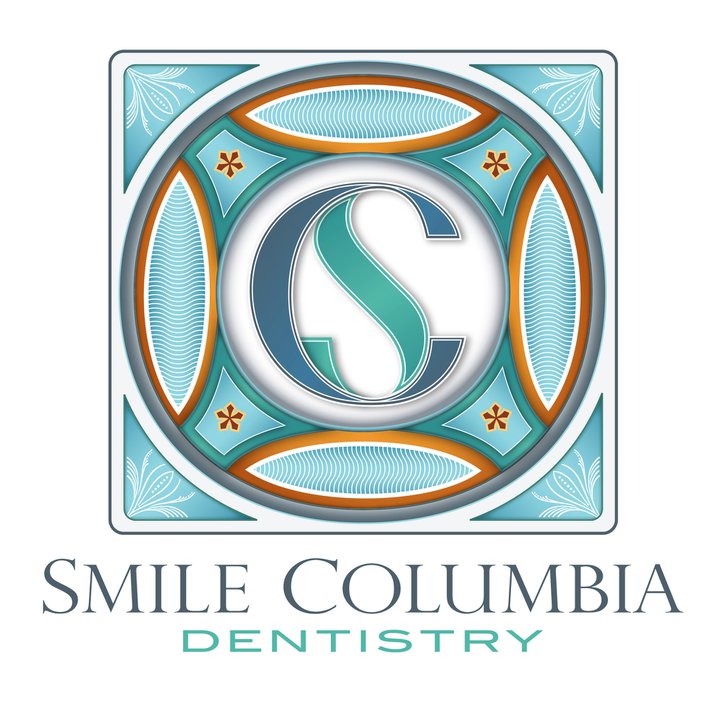Are Headaches, Earaches, and Jaw Pain Impacting Your Life? TMJ May Be to Blame
 Are Headaches, Earaches, and Jaw Pain Impacting Your Life? TMJ May Be to Blame
Are Headaches, Earaches, and Jaw Pain Impacting Your Life? TMJ May Be to Blame
Do you suffer from regular headaches? Do you have earaches, stuffiness, ringing in the ears, or vertigo? Does your jaw hurt, stick, or make sounds? If you suffer regularly from these symptoms, you may have temporomandibular joint disorder, called either TMJ or TMD. Perhaps 90% of people seeking treatment for this condition are women like you in the prime of life.
Treatment of your TMJ can reduce or eliminate these symptoms, without drugs and without surgery, allowing you to spend more time doing the things you love with the people you love.
What Is TMJ?
TMJ is when one or both joints that connect the jaw to the skull are not functioning properly. This may be because the cushioning disc in the joint is displaced or damaged. There may be inflammation of the ligaments or muscles in the joint. It may be that the joints, muscles, bones, and teeth aren’t working harmoniously together, which can lead to muscle fatigue and spasms, worn teeth, and other effects.
The most characteristic symptom of TMJ is jaw sounds. If your jaw makes a popping or snapping sound during motion, especially if it’s accompanied by irregular jaw movement, you likely have TMJ. If your jaw makes a grinding sound when it moves, you likely have advanced TMJ in which the cushioning disc has degraded, allowing bones to rub against one another.
Several Types of Jaw Pain
TMJ can cause many complex symptoms, and this includes jaw pain. You may suffer pain in the jaw joint itself. This may accompany irregular motion and jaw sounds.
You may also experience muscle pain and soreness in your jaw. This is more likely to occur after you eat or spend a long time talking, but it may also seem spontaneous. It may come and go with stressful times that cause you to clench your teeth. If you clench your teeth overnight, you may wake with this pain.
Sometimes you may get a sharp, stinging pain in your jaw. These sudden, electric pains are caused when TMJ leads to pressure on a nerve.
If you clench or grind your teeth, you may also suffer pain in your teeth and bones. This dull ache is the result of the intense pressure your clenching is putting on the teeth and jaws.
Tension Headaches and Migraines
TMJ can also lead to recurring headaches, including tension headaches and migraines.
Tension headaches are the most common type of headaches. They’re caused by tense, spasming muscles that put pressure on the skull and nerves. TMJ can lead to tension headaches because none of our muscles work alone. The muscles in your jaw partner with muscles in the face, head, and neck. When your jaw muscles are overworked and tense, they share their load with these other muscles, passing on tension to your head and neck, which can cause tension headaches.
TMJ can increase the frequency and severity of migraines. Tension headaches caused by TMJ can trigger migraines, but TMJ can also irritate the trigeminal nerve, one of the trigger points for migraines.
Ear-Related Symptoms
The temporal bone is one of the bones in your skull. It’s not just where your jaw meets the skull, it’s also the home of the delicate structures of your ear.
TMJ can put pressure on this bone, interfering with the fine workings of the ear. The result can be a feeling of stuffiness or pain in the ear. This can progress to other symptoms, such as ringing in the ears, which may actually be your body misinterpreting pain signals from ear or may be the product of interference with the hearing system. Vertigo can result if pressure on the temporal bone interferes with the balance system in the vestibular canals.
Treating TMJ
The optimal treatment for TMJ depends on the severity of your condition.
For many people, home care works great. Take ibuprofen or naproxen for pain and swelling. Apply heat to sore muscles. Try to use your jaw less by eating soft foods and cutting food into smaller pieces. Use relaxation techniques to reduce stress that can trigger TMJ.
However, if you don’t get good results from home care, a neuromuscular dentist can help. Trained in the proper function of your jaw, these dentists have many techniques that can help reduce or eliminate TMJ.
First, they might use TENS, transcutaneous electric nerve stimulation, a kind of electric massage, to relax muscles of your jaw. Sometimes this is all that’s necessary to keep your jaw system healthy and prevent symptoms. It may need to be repeated a few times or regularly to get optimal results.
If TENS isn’t enough to get your jaw in optimal position, a neuromuscular dentist may recommend an orthotic. This is a small appliance that you wear in your mouth to help your jaw stay in the proper position. You will normally wear this while you sleep, but you may also wear it during the day.
If the orthotic is working well, but you want to get the same results without using the appliance, you can talk to your dentist about building up your teeth. This may be especially helpful if you have teeth that have been worn down or damaged by clenching or grinding.
In rare cases, surgery on the jaw joint may be recommended. For most people, though, it’s possible to get TMJ relief without surgery.
That means fewer headaches, less jaw pain, and more days spent in the sun with your family.
Dr. Adam Hahn is a cosmetic and TMJ dentist who works with his father Paul Hahn at Smile Columbia Dentistry in Columbia, South Carolina. Adam is a family man who enjoys the outdoors and being an active member of his community. His office can be reached at 803-223-7655.
Dr. Adam Hahn is a SouthernMamas.com advertiser










































